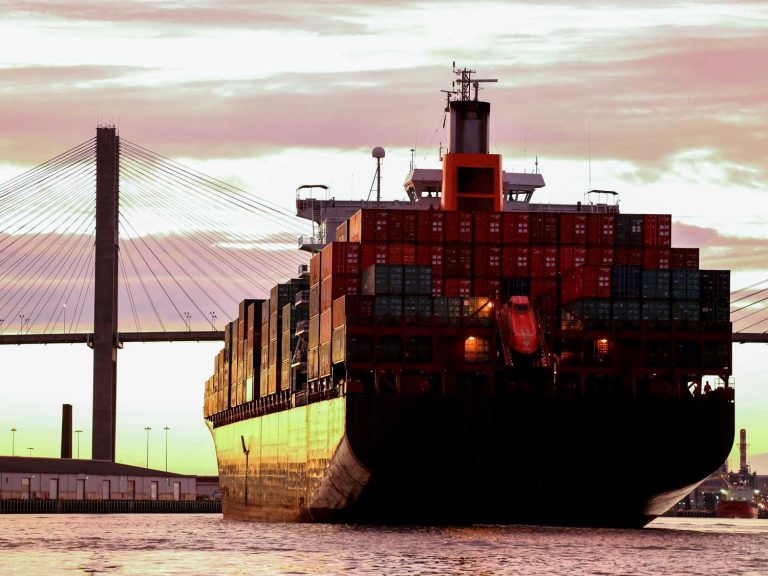
Date:
US West Coast volumes drift to South and Southeastern ports
Negotiations between the International Longshore and Warehouse Union (ILWU) and West Coast port employers, represented by the Pacific Maritime Association (PMA) began last May and while talks continue, both are hopeful of reaching a deal soon, as US importers continue to divert cargo to Eastern and Southeastern ports.
The ILWU represents 22,000 port workers in California, Oregon, and Washington, while the PMA negotiate on behalf of 29 West Coast ports, including Los Angeles and Long Beach, which handle over 30% of US containerised imports.
Negotiations on new labour contracts began on the 10th May 2022, with the last deal expiring at the start of July, and while the PMA and ILWU are eager to stop West Coast cargo erosion to East Coast and Gulf Coast ports, maintaining productivity levels and issuing positive statements has failed to stop volume drift.
Despite 2022 imports from Asia into the US being broadly similar to 2021, Southeast ports – Savannah, Norfolk, Charleston, Wilmington, Jacksonville, Everglades, and Miami -saw a 5.2% increase In volumes, while West Coast volumes declined by 6.1% over the same period.
Savannah was the biggest Southeast winner, with a 6.1% rise in volume, with Charleston’s shipments spiking 14.6% in shipments and Norfolk’s volumes rising just 0.2% year over year.
The initial shifting of volume from the West Coast created backlogs and delays at East and Gulf Coast ports, but as demand and volume declined over the last two quarters, most ports have cleared backlogs and have worked to improve efficiencies, implementing enhancements that will accommodate additional volumes over the long term.
How much of this growth will continue to flow through Southeast ports, when risk is reduced after the ILWU and PMA agree on a new contract is uncertain.
Moving cargo from Asia through the West Coast provides lower ocean freight rates and transit times, but if cargo is destined for the East Coast, it may make sense for importers to use ports like Charleston.
The ILWU and PMA have reached agreement on some issues and while talks continue, they are keenly aware about West Coast cargo erosion to East Coast and Gulf Coast ports. They issued a joint statement last month, in which they said both sides “remain hopeful of reaching a deal soon” and both want to work with West Coast ports to recover lost volumes and move forward with market growth.
We negotiate long-term and FAK contracts with shipping lines across all three alliances to secure space and rates, that provide the best alternatives and options, whatever the situation.
We leverage agreements across the alliances and work with smaller niche shipping lines, when appropriate, to access specific regional ports that offer efficiencies, or to work around bottlenecks, to maintain resilient and reliable supply chains.
To learn how we can support your trade with the United States, or to learn more about our ocean solutions, please EMAIL our chief commercial officer, Andy Smith.
